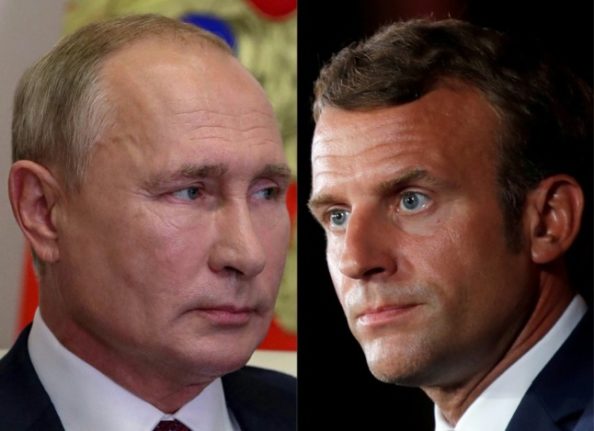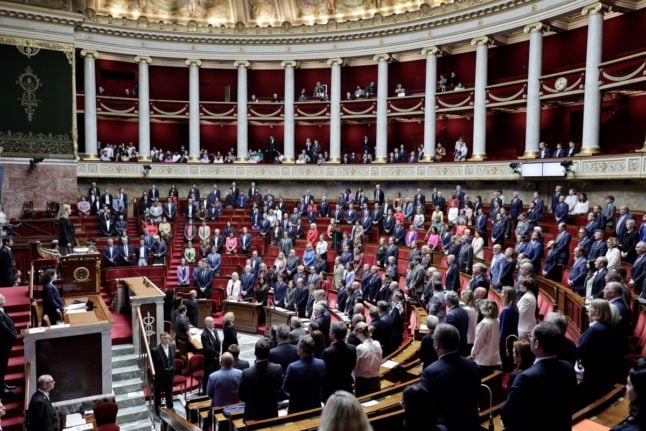In a phone conversation lasting 105 minutes, they also agreed on “the need to favour a diplomatic solution to the ongoing crisis and to do everything to achieve one”, the Elysee said, adding that French Foreign Minister Jean-Yves Le Drian and his Russian counterpart Sergei Lavrov would meet “in the coming days”.
Putin and Macron said they would work “intensely” to allow the TrilateralContact Group, which includes Ukraine, Russia and the OSCE, to meet “in the next few hours with the aim of getting all interested parties to commit to a ceasefire at the contact line” in eastern Ukraine where government troops and pro-Russian separatists are facing each other.
“Intense diplomatic work will take place in the coming days,” Macron’soffice said, with several consultations to take place in the French capital.
Macron and Putin also agreed that talks between Russia, Ukraine, France andGermany should resume to implement the so-called Minsk protocol which in 2014had already called for a ceasefire in eastern Ukraine.
Both also agreed to work towards “a high-level meeting with the aim ofdefining a new peace and security order in Europe”, Macron’s office said.
SEE ALSO: Putin tells Macron invasion claims are ‘provocative speculation’



 Please whitelist us to continue reading.
Please whitelist us to continue reading.
French appeasement is not the endless talks but the lack of military support to Ukraine.